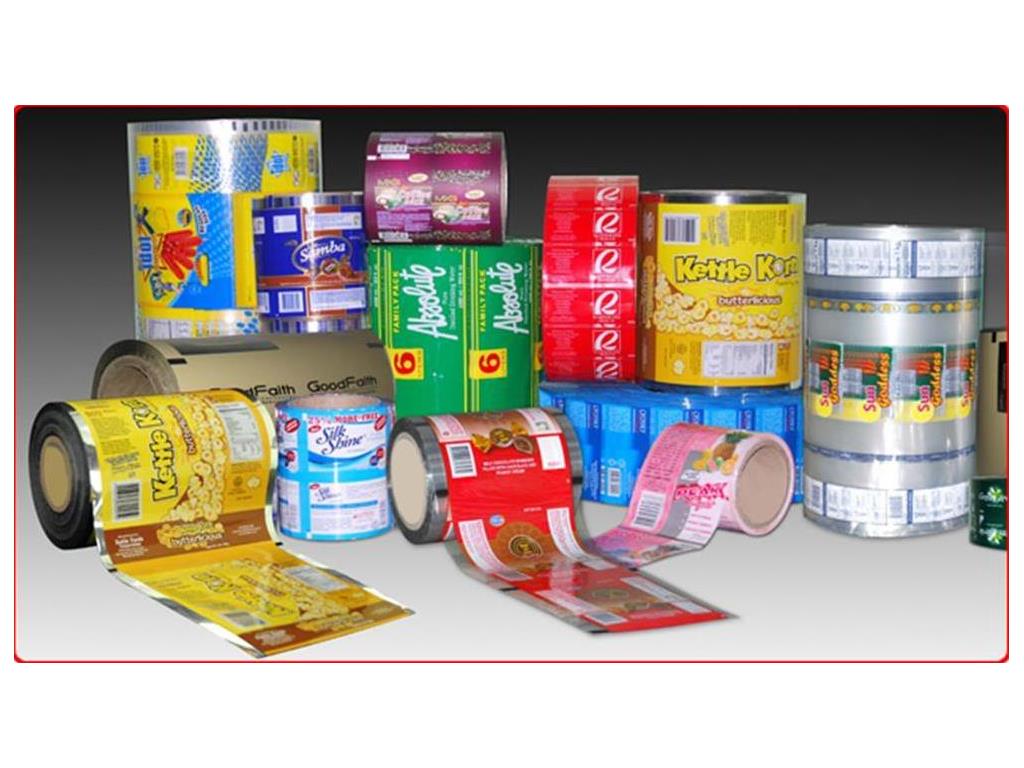
Advantages of Flexible Packaging
What is Flexible Packaging?
Flexible Packaging is produced through adding value to a wide variety of substrate materials including plastic films, paper and aluminium foil – either separately or in combination – mainly for primary retail food packaging and non-food packaging applications such as pet food, tobacco, cosmetics and personal care, household detergents, and pharmaceutical and medical products. This specifically excludes shrink and stretch films used for secondary packaging, pallet hoods and pallet wrap, carrier bags, supermarket and self-service counter bags, silage bags, refuse and industrial sacks, etc. Inevitably, there remain some grey areas.
Flexible Packaging Markets
Thanks to the increased consumer focus on convenience and sustainability flexible packaging is seeing exception growth across all formats and producing innovative and creative solutions for food, beverage, pharmaceuticals and other CPGs. It provides impactive, highly cost effective and resource efficient methods to preserve, protect and distribute packaged goods and consumables, including many that need extended shelf life.
For the food sector flexible packaging not only helps to prevent food waste by offering optimised fit-for-purpose solutions – such as portion packs – but can make a much more efficient use of the material than in alternative packaging formats, such as bottles or cans.
Flexible packaging can be designed with properties tailored to suit the products being packaged and their end uses – so light but strong, resealable or with high barrier protection. Packs can be produced in a wide variety of formats, including innovative shapes and sizes. They can incorporate components including easy opening and re-closing devices such as spouts and zips. New concepts for added convenience are been added regularly.
- Bread, Biscuits & Cakes
- Cheese & Dairy Products
- Cigarettes & Tobacco
- Fresh & Processed Meat, Fish & Poultry
- Crisps, Snacks & Nuts
- Dried Foods & Cereals
- Fresh Fruit & Vegetables
- Frozen Foods & Ice Cream
- Ground Coffee & Beans
- Medical & Pharmaceutical
- Pet Foods
- Sugar & Chocolate Confectionery
- Toiletries & Hygiene
- Condiments & Other Foods
- Other Non-Foods



